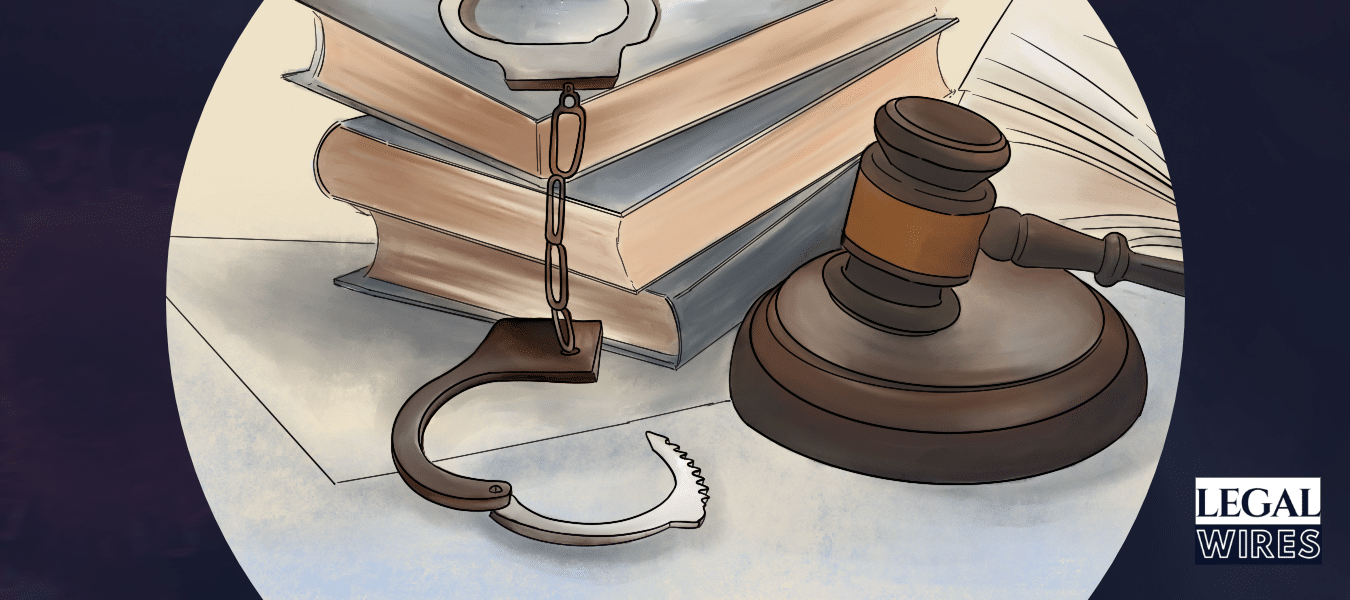The Supreme Court has observed that Section 170 of the

The Supreme Court has observed that Section 170 of the Code of Criminal Procedure (CrPc) does not impose an obligation on the officer in charge to arrest each and every accused at the time of filing chargesheet.
Siddharth v. State of Uttar Pradesh
The Divison Bench of Justice Sanjay Kishan Kaul and Justice Hrishikesh Roy held that the word “custody” appearing in Section 170 of the CrPC does not contemplate either police or judicial custody but it merely connotes the presentation of the accused by the Investigating Officer before the court while filing the chargesheet.
The Court said “We are of the view that if the Investigating Officer does not believe that the accused will abscond or disobey summons he/she is not required to be produced in custody (while filing chargesheet),“
In this case, an FIR was lodged against the Appellant for allegedly entering into a conspiracy and criminal breach of trust committed by former ministers and high-ranking officials including Nasimuddin Siddiqui (Ex-Minister) and Babu Singh Khushawa (Ex-Minister) in Uttar Pradesh for their involvement in relation to a project initiated by the State Government in the year 2007 to build parks and museums which allegedly caused a loss of Rs. 14,000 crores to the exchequer.
The petitioner was a supplier of sandstone and contended that he made a total supply worth Rs. 90 Lakh but has only received Rs. 26 Lakh till date. The rest amount remains unpaid.
The Apex court was hearing a plea against the judgment of Allahabad High Court which had rejected the anticipatory bail plea of the accused.
The counsel appearing for the petitioner argued that the investigation has been ongoing for the past 7 years and the petitioner has joined the investigation. They contended that there was no need for custodial interrogation of the accused as the petitioner was merely a supplier with no connection to the alleged crime.
The counsel for the State government opposed the plea arguing that custodial interrogation of the accused was necessary and Section 170 of the CrPc mandates the police to take the accused into custody before the presentation of the chargesheet.
The Supreme Court noted that personal liberty is an important aspect of constitutional mandate and that an occasion to arrest an accused during investigation arises when the custodial investigation becomes necessary or it is a heinous crime or where there is a possibility of influencing the witnesses or accused may abscond.
The court opined that merely because an arrest can be made because it is lawful does not mandate that an arrest must be made.
“If the Investigating Officer has no reason to believe that the accused will abscond or disobey summons and has, in fact, throughout cooperated with the investigation we fail to appreciate why there should be a compulsion on the officer to arrest the accused,” the court observed.
Therefore, the Apex Court set aside the High Court order and allowed the appeal.





